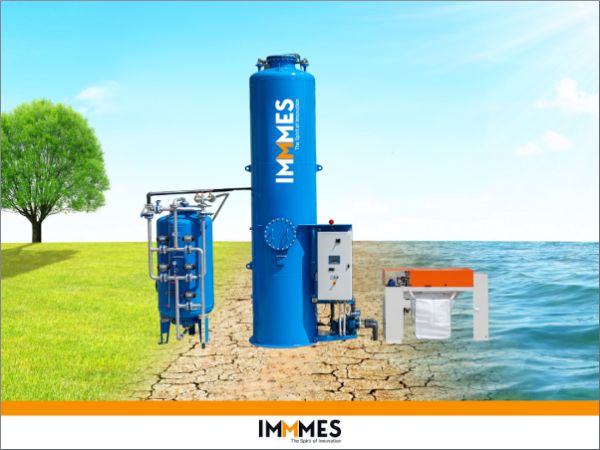
Date: 13 November 2024
Through the DTP system, IMMMES reduces water consumption by 90% in the glass industry, promoting sustainable practices and contributing to the fight against climate change. Every drop counts!
Climate change is a global emergency that requires immediate and concrete action. The International Day Against Climate Change, celebrated on October 24, highlights the urgency of intervention. As extreme phenomena such as droughts and floods become more frequent and intense, the need for effective and sustainable water resource management becomes increasingly pressing.
In this context, IMMMES srl stands out as a virtuous example in the industrial landscape with its DTP water treatment system. These innovative systems not only ensure optimization of consumption and a drastic reduction of waste but also support industries in transitioning towards more sustainable practices. Thanks to technologies that allow water recycling in a closed circuit, IMMMES actively contributes to the fight against climate change, proving that industrial sustainability is not only possible but also profitable.
IMMMES's commitment to innovation and sustainability is a clear example of how companies can make a difference, promoting a greener future for our planet. The glass sector, as well as other industrial sectors, thus shows itself capable of adapting and effectively responding to the challenges posed by climate change.
 600450
600450


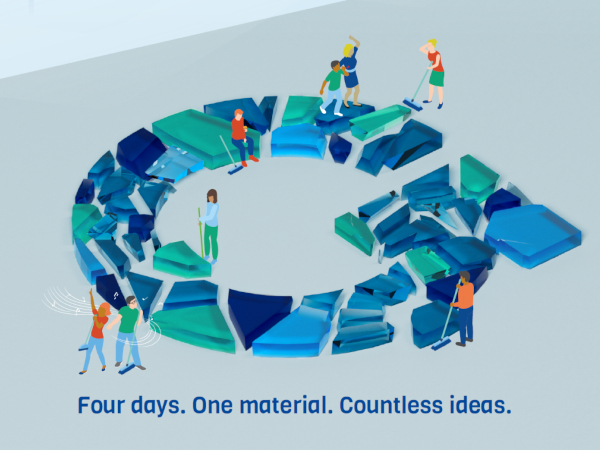
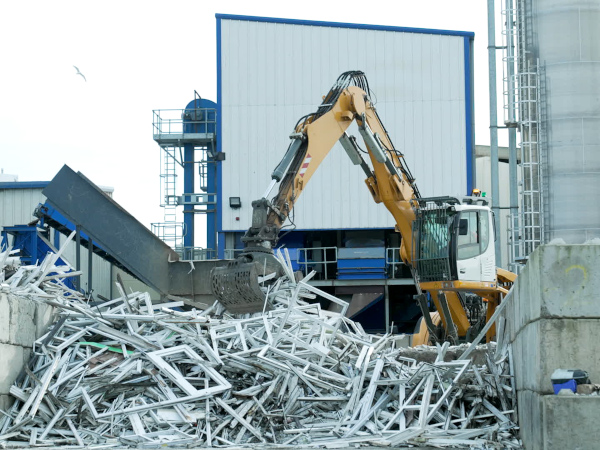
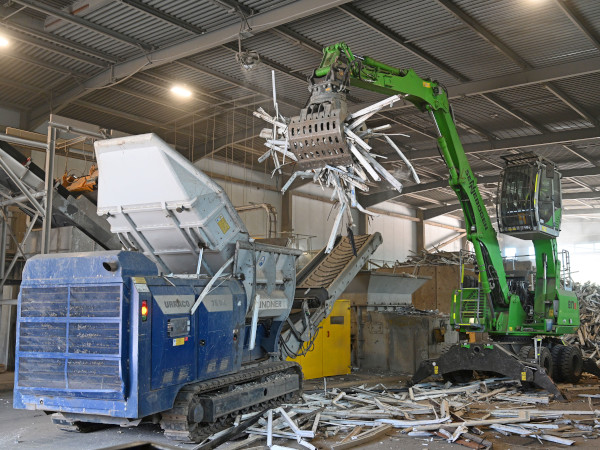
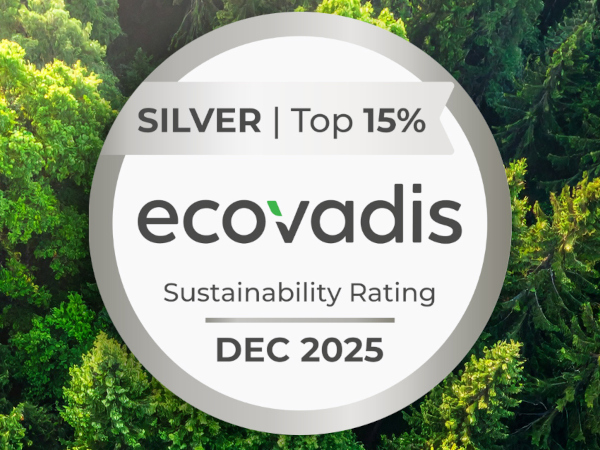


Add new comment